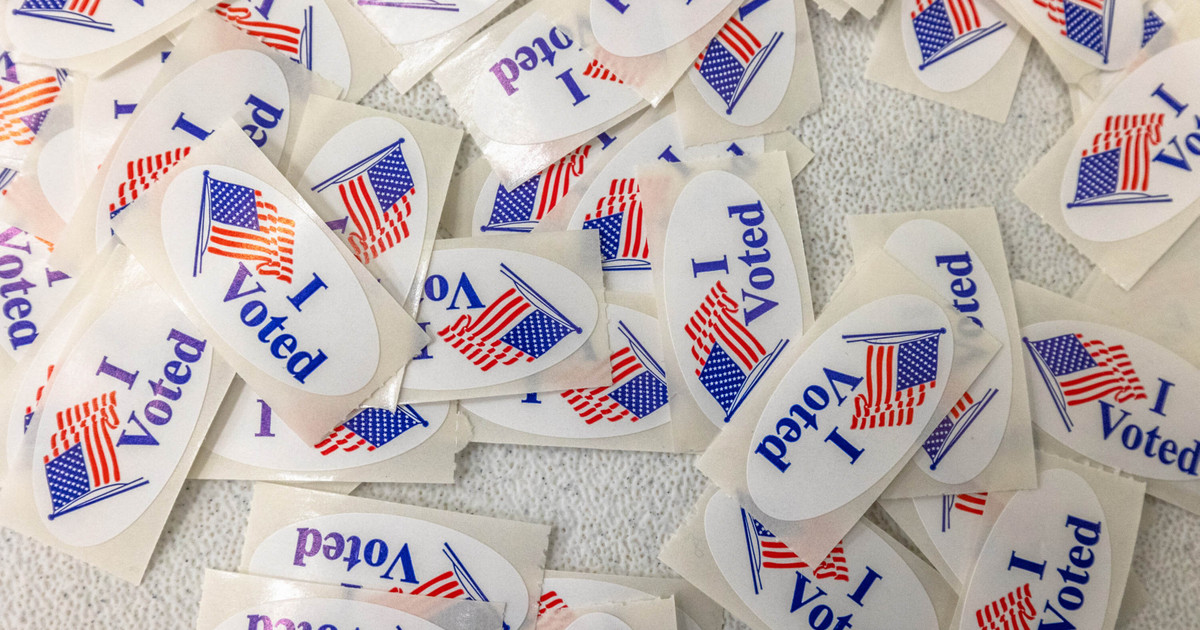N.C. Lawmakers Move to Stop Votes From Being Discarded Based on Postelection Rule Changes
by Doug Bock Clark ProPublica is a nonprofit newsroom that investigates abuses of power. Sign up for Dispatches, a newsletter that spotlights wrongdoing around the country, to receive our stories in your inbox every week. Prompted by ProPublicas reporting on efforts by right-wing activists to disallow ballots, North Carolina Democrats have introduced a bill designed to prevent votes from being tossed out based on postelection rule changes.The Voter Protection and Reliance Act, filed last week in the North Carolina House, says that ballots cast in state elections will be counted based on the laws and procedures in place on Election Day. It also forbids votes from being discarded because of technical or clerical errors in voter registrations.ProPublica reported that before the 2024 election, North Carolina activists and members of the Election Integrity Network a national group led by a lawyer integral to President Donald Trumps unsuccessful campaign to overturn the 2020 election discussed whether filing protests aimed at voters whose registration information was incomplete could help candidates overturn losses in close elections. The strategy debated on that call, which ProPublica obtained a recording of, subsequently was used by Republican Court of Appeals Judge Jefferson Griffin to challenge his 734-vote loss to Democrat Allison Riggs for a seat on the states Supreme Court.ProPublicas reporting showed people were hunting for pretexts to challenge the election ahead of time, said Phil Rubin, a Democratic House member who was the primary author of the bill. Rather than trying to proactively fix those problems before the election, Judge Griffin has retroactively tried to exploit them to overturn his loss. This law would prevent similar abuses in the future and force candidates to act for the good of the voters and not themselves.A spokesperson for Griffin, Paul Shumaker, said he couldnt respond to Rubins comments, his bill or questions from ProPublica because North Carolinas Code of Judicial Conduct prohibits judges and judicial candidates from stating a position on issues that could come before the court.It would be a violation to comment on legislation since legislation is subject to judicial review if enacted into law, Shumaker said.Last week, the Republican-majority North Carolina Court of Appeals ruled that election officials should discount around 60,000 ballots in the Supreme Court race cast by voters whose Social Security and drivers license information is missing in the state election database unless the voters provided that information within 15 working days. (That ruling has subsequently been stayed while the states Supreme Court considers the matter.)At the time of the election, state election rules allowed people to vote without that information and allowed members of the military to submit absentee ballots without providing photo ID. Often, the election database was missing Social Security and drivers license information not because of voters errors, but because of administrative mistakes, including a registration form that did not require these forms of identification.Nonetheless, the appeals court ruled that the state election board the body that issues election rules should have required the information.Griffins ballot challenges have been shown by data analyses to disproportionately affect Democrats and minorities, making it possible that their exclusion may upend the election results.Rubins bill also mandates that litigation involving election-related issues must be dealt with on an expedited basis by North Carolina courts so that candidates can resolve issues before elections rather than afterward.Though some North Carolina and national Republicans have criticized Griffins challenges, the Democratic-sponsored bill faces uncertain prospects in the GOP-controlled legislature.The bill is going nowhere, said Mitch Kokai, a senior political analyst for the conservative John Locke Foundation. Its more of a statement of the Democratic caucus approach to the Griffin-Riggs election and how they think it should have played out.North Carolinas governor and its legislative leadership did not respond to requests for comment.Rubin said that while the bill reflects issues playing out in North Carolina, it also could serve as a model for other states.There is no reason to think that these tactics will be limited to North Carolina, he said at a press conference on Thursday hosted by the Democratic National Committee and North Carolina Democratic Party about the Supreme Court case litigation, at which he presented the bill.The Election Integrity Network has chapters in swing states, plus many others, and partners with numerous national conservative organizations.The leader of the North Carolina chapter did not respond to a request for comment or emailed questions.




